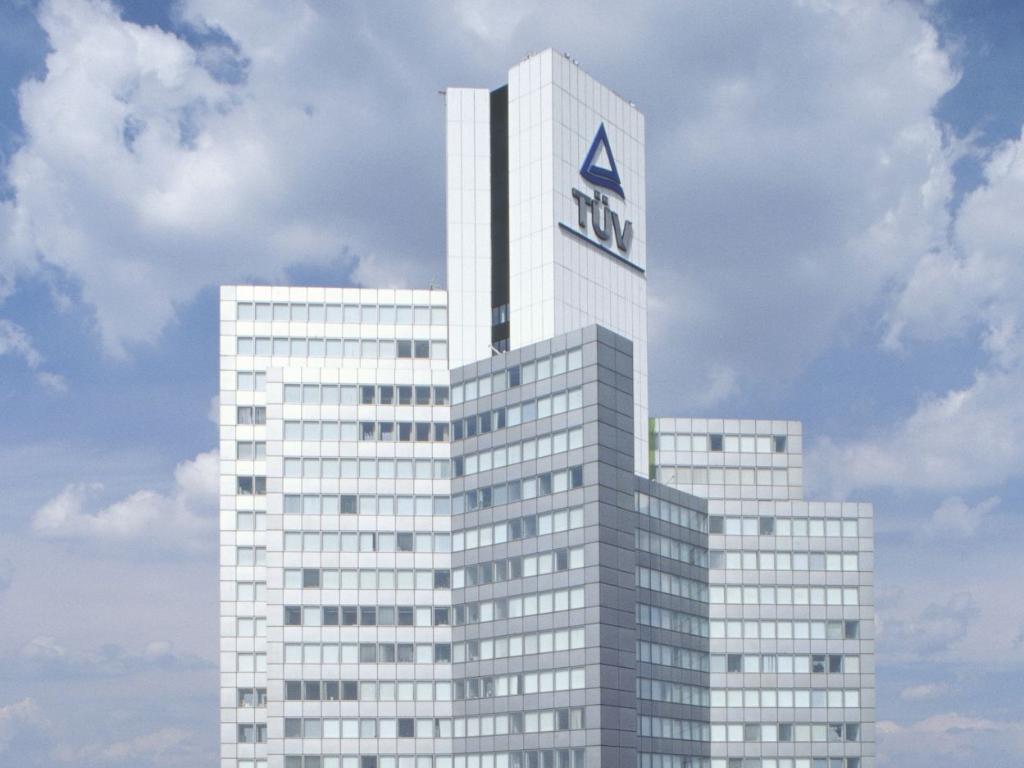Solar Energy Conference by TÜV Rheinland: new technologies, new regulation, new test methods, new failure patterns
Cologne | 17 February, 2025

On 12 and 13 February, TÜV Rheinland hosted the Solar Energy Conference in Cologne. On the agenda: relevant developments in technology, regulation and test anomalies. PV modules have evolved rapidly in recent years: Larger and cheaper models are becoming available, while new technologies such as perovskite cells are penetrating the market. At the same time, standards and associated tests have changed. For example, the revision of the two leading international standards for photovoltaic (PV) modules, IEC 61215:2021 and IEC 61730:2023, has resulted in a number of new or revised tests. These include bending tests, new degradation tests and mechanical stress tests. Manufacturers can use these tests to prove that their PV modules meet the current standards - and only then can they place their products on the EU market.
The good news: "Some solar modules pass the new series of tests straight away," explains Eckart Janknecht, solar testing expert at TÜV Rheinland. "Furthermore, we have not observed any significant changes in the mechanical stress tests. On average, solar modules are just as robust as before, despite their increasing size. "What does give us cause for concern is the increased number of failed initial tests on modules that have just come out of production, before they have undergone any stress tests in the laboratory," says Janknecht. In these cases, modules are being delivered with defects. This can be due to processing errors in production or inferior materials. This is where manufacturers need to pay particular attention to their quality management.
"We have the impression that some manufacturers are not sufficiently aware of the new test series," continues Janknecht. This does not automatically mean that modules will not pass the new tests. "However, targeted preparation and - if necessary - adaptation of the manufacturing processes to the changed standards is a prerequisite for an efficient and effective test programme". Janknecht recommends that manufacturers make use of testing expertise such as that offered by TÜV Rheinland at an early stage in order to keep pace with constantly changing regulations and to counteract potential delays in market launch - including preliminary tests during development.
TÜV Rheinland has been involved in the development of solar technology for more than 40 years and employs 1,000 experts worldwide to minimise technical and quality risks in solar power plants as well as in specialised test laboratories and competence centres. TÜV Rheinland's experts conduct more than 50,000 tests a year in solar, storage and power electronics solutions worldwide. The experts develop new test methods, work on research and development projects and collaborate with standardisation committees. They provide global services for the feasibility, financing, quality assurance and warranty management of photovoltaic power plants, and enable international market access through the testing and certification of photovoltaic modules, components, inverters, energy storage systems and solar thermal collectors. As a leading provider of testing services for solar systems, TÜV Rheinland operates laboratories in Bangalore (India), Cologne (Germany), Milan (Italy), Shanghai (China), Taichung (Taiwan) and Pleasanton (USA). In addition, the solar energy competence network includes 15 competence centres in Africa, the Americas, Asia and Europe. For further information, please visit www.tuv.com/de/solar
| docx | Press release (.docx) | 65 KB | Download |
| jpg | Press photo | 11 MB | Download |
| png | Infographic: New and modified tests for the approval of PV modules | 1 MB | Download |
Your contact for editorial inquiries:

TÜV Rheinland Press Office
Do you have any questions on this topic or need further information?
Please do not hesitate to contact us:
Phone: +49 221 806-2148